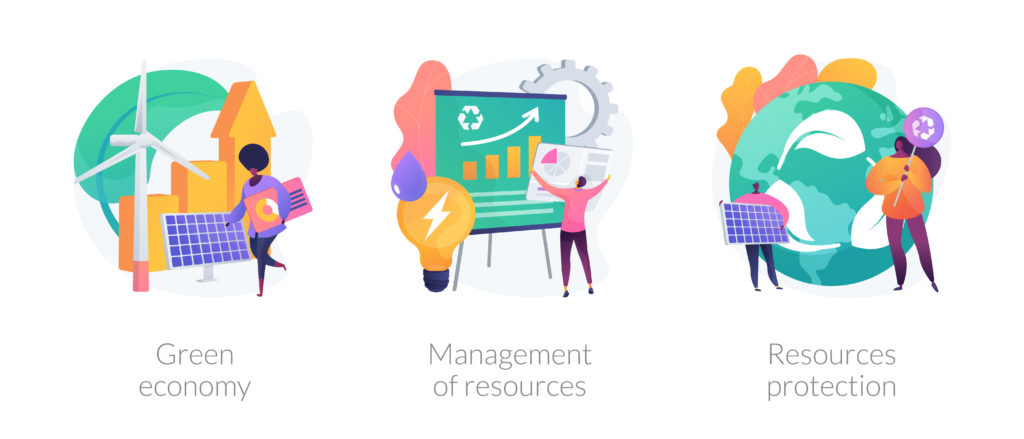Main content
Environment
Climate Change – Businesses
For Epping Forest to become carbon neutral by 2030 we need businesses to contribute by examining and reducing your own emissions. A growing number of companies are showing that what is good for your carbon footprint can also benefit your business. Improving your businesses contribution to the environment can provide cost savings, add value through reputational enhancements, engage customers and align with future policy requirements to avoid future risks.
Actions you can take to reduce your businesses environmental impact include:
Measuring your emissions and implementing an environmental policy
- The Carbon Trust has also developed a carbon footprint calculator for small and medium-sized businesses. By understanding and monitoring your emissions you can take steps to reduce the amount you produce.
- An environmental policy shows that your business is committed to reducing its impact on the environment. It can help your business to gain more custom and is often a requirement when tendering for contracts to supply goods and services.
Saving energy
- In offices, thermostats can be set to ensure energy is not wasted through competing heating and cooling. eg. Heating set at 19C and air conditioning at 24C. This will also ensure no wastage in fuel bills.
- Install energy efficient LED lighting and either manual or automatic controls to ensure light is provided only where required.
- Behaviour change campaign to stop people adjusting thermostats and leaving lights and computer monitors on. Remember kitchen areas too, boiling only the amount of water needed in the kettle can help to reduce emissions too.
Travel
- Try to use video conferencing or conference calls instead of travelling to meetings saving energy, travel costs and staff travel time.
- If your type of business allows, revise your terms of employment and working practices to allow more remote and home working by staff. The Council have co-funded major improvements in broadband infrastructure in rural as well as urban areas of the District, so futureproof fibre to the premises broadband is widely available for home working needs, reducing the need to travel.
- The Council are also a key partner in the Essex and Herts Digital Innovation Zone which supports key industries in exploiting new ways of thriving in the digital world.
- Travel planning for employee commutes to encourage working remotely, active travel and sustainable commuting including car share and pool cars.
- Consider the fuel efficiency, low running costs and carbon emissions of new fleet vehicles, switching to electric vehicles where possible. Leasing deals on EV cars and vans are rapidly improving as technology reduces production costs and depreciation on conventional vehicles steepens. Grants are also available to install EV chargers.
- Understand the additional cost that the expansion of the London Ultra-Low Emission Zone (ULEZ) on 25th October can have to your business, if your business activities involve driving into London. The Transport for London website has more information.
Waste and reducing consumption
- Reduce waste. For example, default the printer to double sided, encourage online viewing of documents rather than printing, ask before giving customers single use items such as carrier bags. Request items with less packaging from suppliers.
- Reuse waste. Ideas include reusing incoming packaging for outgoing deliveries, repairing old furniture and items during refurbishments or donate to community organisations.
- Further recycling opportunities include light bulbs, batteries, mobile phones, toner and ink cartridges through specialist companies and charities. Request reusable, recyclable or recycled packing from your supplier.
Procurement
- Is the purchase necessary or could you hire instead? Can you buy second-hand products? This is cheaper and reduces use of natural resources.
- Choose products based on whole life cost. They will likely last longer and be more efficient and therefore more cost effective to run.
- Use local suppliers to reduce travel emissions associated with products and services.
- Ask suppliers about their environmental credentials
- Avoid purchasing toxic or hazardous materials where possible

